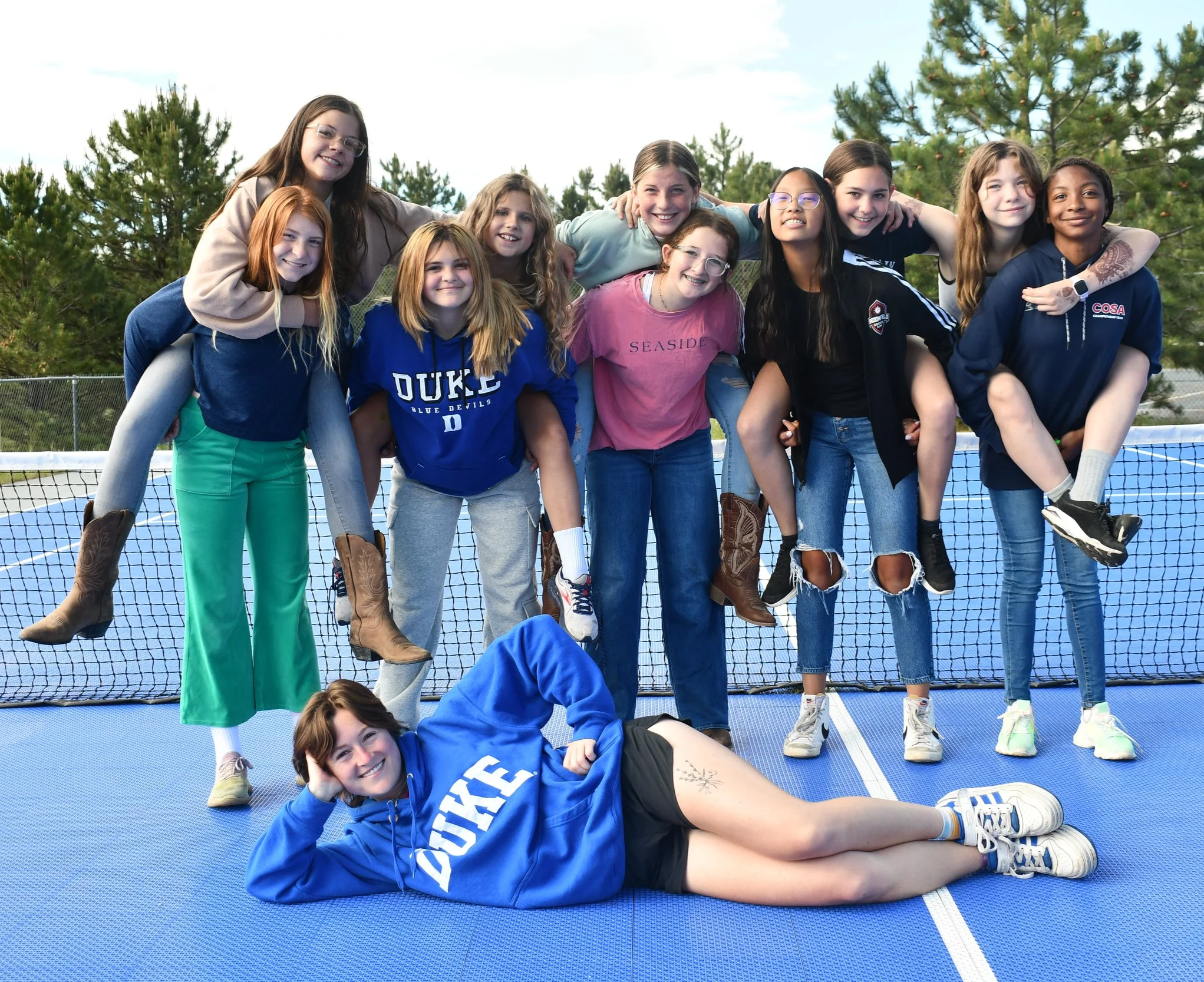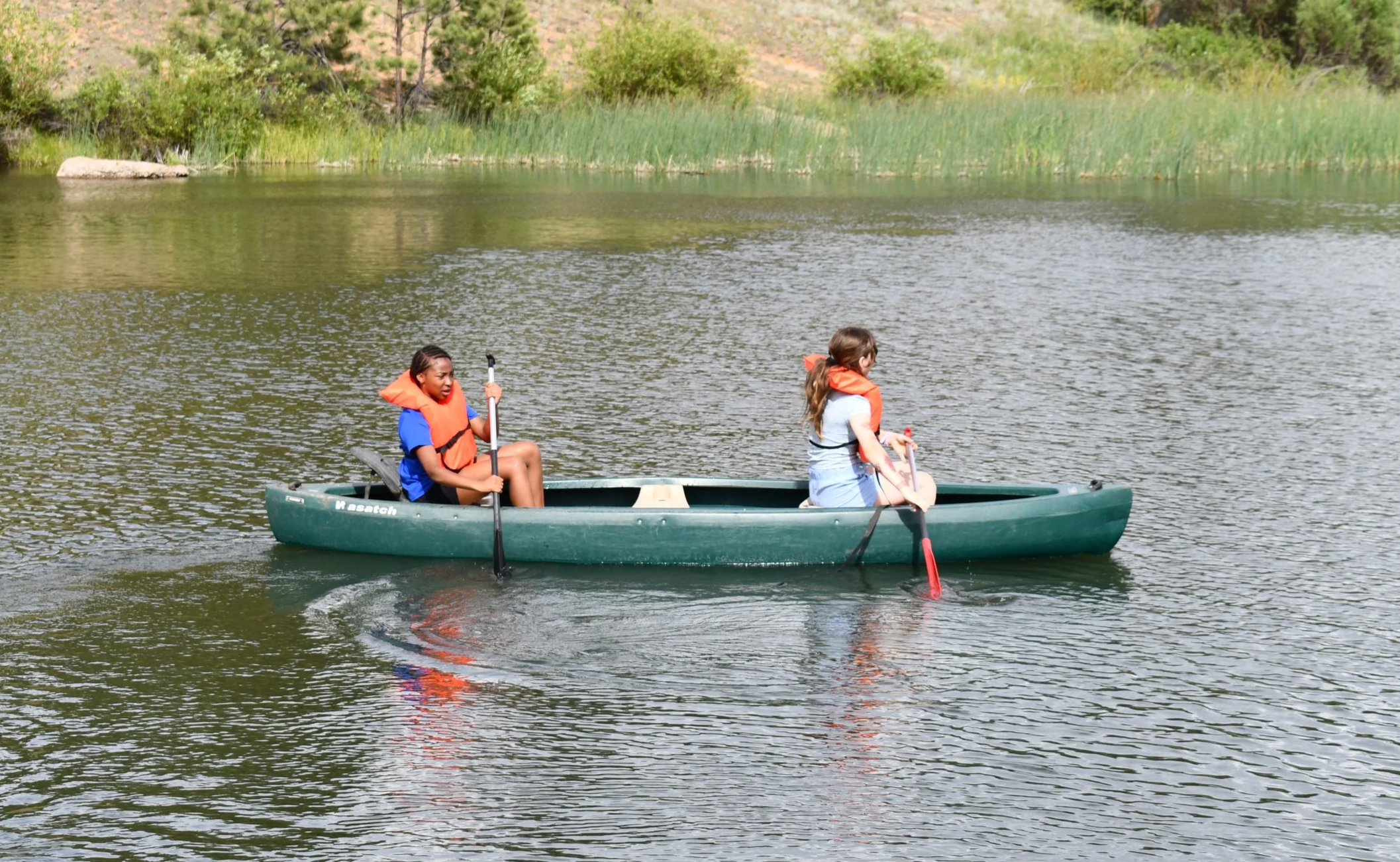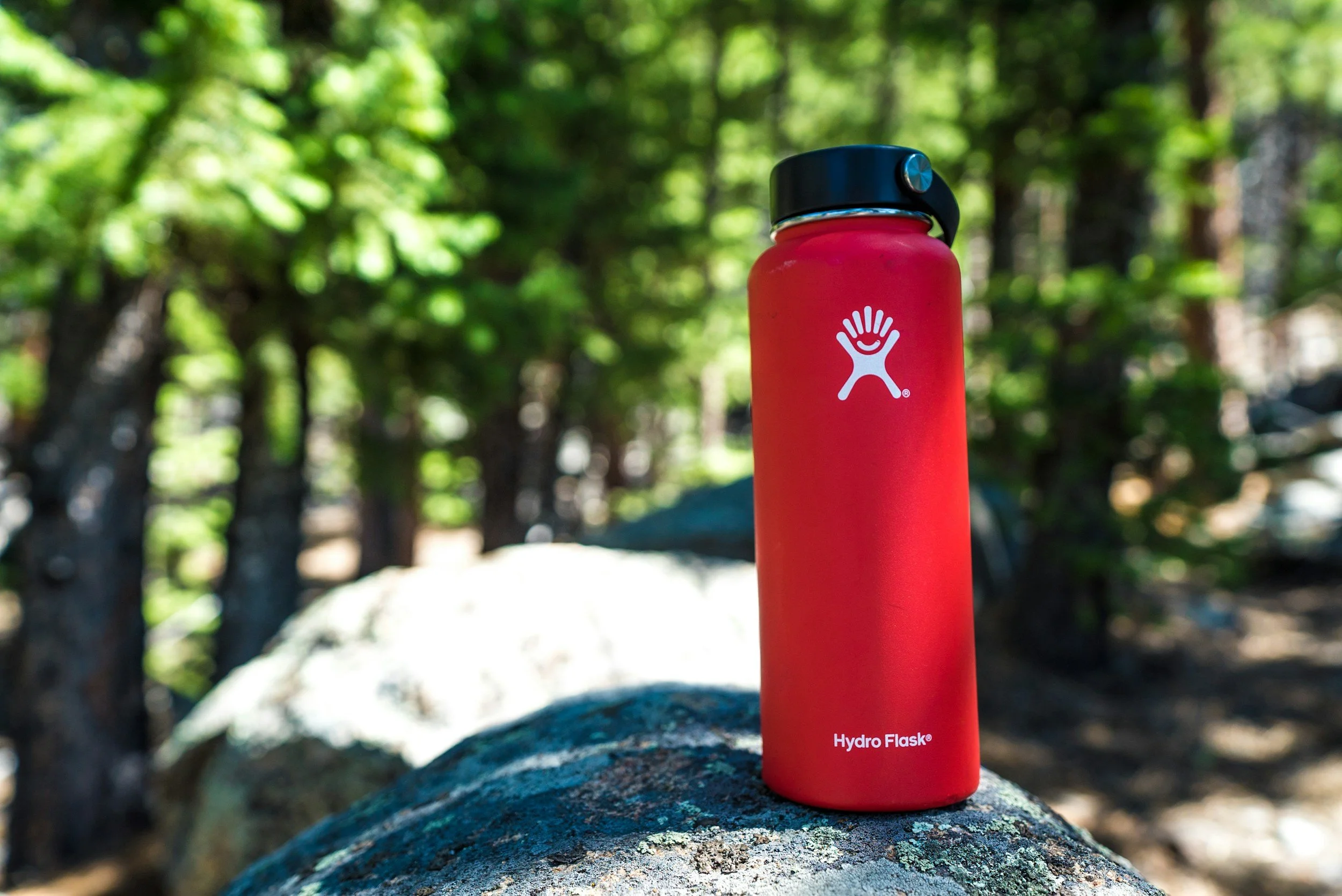Skills for Success at Camp
At Blue Mountain Ranch, we believe every camper can thrive when equipped with the right skills. To make camp safe, fun, and memorable, campers benefit from a combination of personal behaviors, activity skills, and self-care management.
These skills don’t need to be mastered before camp—our counselors and staff are here to guide, teach, and support every step of the way. But by encouraging your camper to practice these habits at home, you’ll help them build confidence and independence that will make camp life even more rewarding.
Please refer to our Camper Handbook for specifics on all of items necessary for success.
Behavioral Skills
Positive Attitude – Approaches challenges and new activities with an open mind.
Respect for Others – Treats peers, staff, and property with kindness and consideration.
Teamwork – Works cooperatively during group games, cabin activities, and shared responsibilities.
Independence – Demonstrates age-appropriate self-care, decision-making, and personal responsibility.
Resilience – Recovers from setbacks, handles being away from home, and adapts to new routines.
Listening & Following Directions – Pays attention to safety rules and counselor instructions.
Activity Skills
Basic Physical Readiness – Stamina to participate in hiking, swimming, sports, and outdoor play.
Water Confidence – Comfort in and around pools, lakes, or rivers (basic swimming is encouraged).
Outdoor Awareness – Willingness to learn skills such as nature exploration, fire safety, and trail etiquette.
Sportsmanship – Plays fairly, supports teammates, and handles wins/losses respectfully.
Creativity & Curiosity – Engages in arts, crafts, music, or drama with imagination and enthusiasm.
Medical Management Skills
Self-Awareness – Understands their own allergies, health needs, or medical conditions.
Medication Management – Communicate clearly about medicines to the camp nurse or other adult staff.
Hygiene Habits – Practices regular handwashing, brushing teeth, and showering to stay healthy.
Safety Practices – Uses sunscreen, drinks plenty of water, wears helmets or lifejackets, and reports injuries to staff.
Communication – Alerts counselors if not feeling well, needs help, or notices a medical concern.



